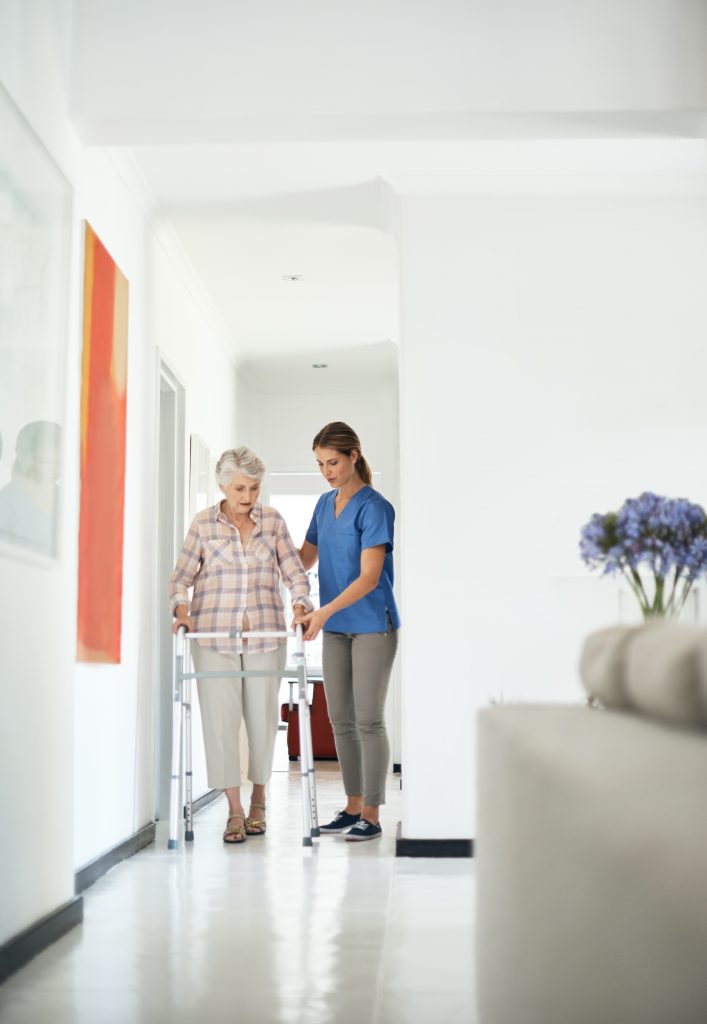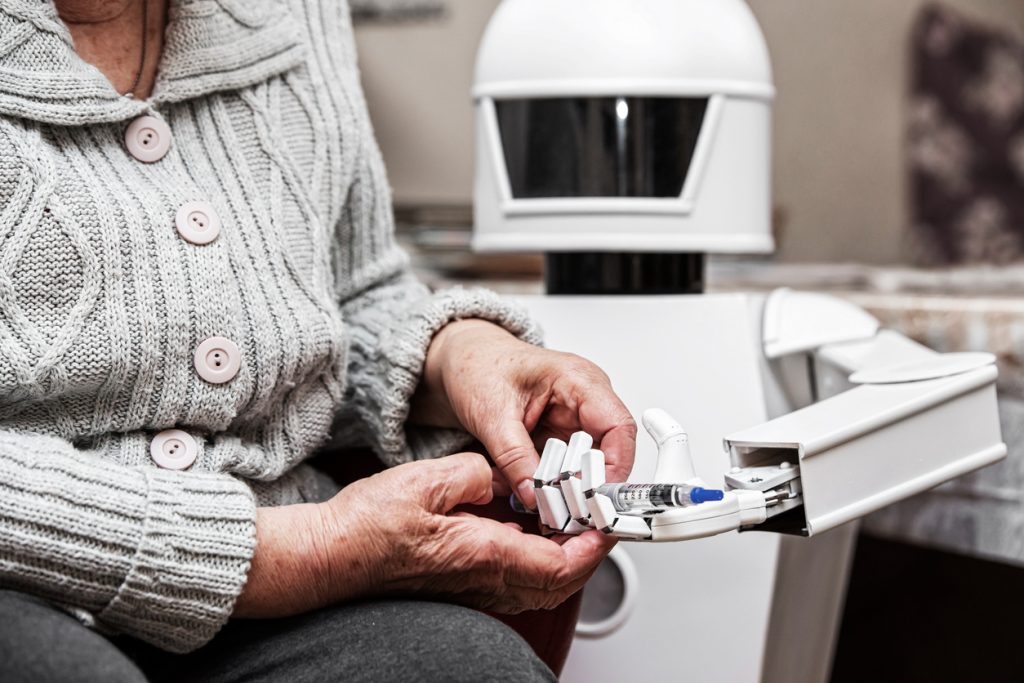
On Tuesday 21st April, the government released their latest official guidance for people who receive direct payments through their personal budgets, as well as for providers who deliver carer via direct payments.
This guidance aims to shelp slow the transmission of the coronavirus (COVD-19) outbreak and takes into account the latest Public Health England (PHE) advice regading self-isolation for households.
Summary:
The latest advice for people who employ care and support via direct payments is along the same lines as it has been for the past few weeks. If you personal assistant suspects they may have coronavirus, or need to self-isolate because they share a shousehold with someone who is symptomatic, they must not continue to care for you.
You should ensure you have sufficient contingency plans in place now to guarantee you will be able to receive the essential care you need from alternative
Social distancing to protect vulnerable adults
The current guidance issued by PHE advises reduced social interaction with family and friends as much as possible, especially if they are 70 or over, have underlying health conditions, or pregnant.
Those who are at increased risk of severe illness are advised to be particularly stringent in following this advice.
Steps people who employ personal assistants via a direct payment should take
Personal support assistants are being advised to:
a) Review all support arrangements you currently have in place for if your personal assistant cannot work due to sickness or annual leave. Your personal assistant may need to self-isolate for an extended period, so you should consider whether the arrangements you currently have in place are sufficient should this happen.
b) If your current arrangements will not be sufficient to provide continued and essential care, what alternative options do you have? Looking into mutual support arrangements and other sources of paid support could be useful.
c) Look into whether care agencies or alternative personal assistants could be a back-up option for you.
d) Update all your essential care details with key information any care providers not used to your arrangements may need to know.
e) Have the contact details for the CCG or adult social care team who provides your direct payments to have alternative care arranged for you.
People who buy support from home care agencies or similar via direct payments
People who use their direct payments to buy care via a home care agency are advised to make contact with your agency to discuss what steps will be taken should your regular carer be unavailable due to self-isolating or being ill themselves.
You are also advised to ensure they have all of your most recent details and support plan arrangements documented.
What to do if your personal assistant thinks they have COVID-19
If your personal assistant has symptoms and suspects they may have contracted COVID-19, they are advised to contact the NHS. If they are advised to self-isolate, they should not care for you until it is safe to do so.
If this happens, you will need to put your contingency plans in place. This could involve asking family members to step in until you have alternative care arranged. Local authorities and CCGs are advised to adopt a flexible approach to how your direct payments are used to ensure the right care is delivered for you.
Using your direct payments to pay close family members
One of the typical conditions of direct payments is that they cannot be used to employ a close family member to provide your care (although there are exceptions to this rule). Under current guidance, local authorities are advised to consider requests for direct payments to be used to pay close family members to provide care.
If you have a direct payments personal assistant, you are regarded as an employer under UK law and have specific responsibilities to your employees. Things, like managing payroll, taxes and having the right insurance, are critical things for you to consider. Some people that receive a carers personal budget would rather not have the extra responsibility; fortunately, you can appoint a third party to provide direct payments guidance, maintain your personal budget, payroll and insurance.
Our Direct Payments Carer Insurance can be taken out by you or under your instruction by your chosen 3rd party. It is designed to protect you & your employee against claims that could arise in connection with you receiving care. The policy is comprised of employers liability, public liability & legal expenses, to provide comprehensive cover against potential claims risks such as;
- Claims against you in the event of injury to your employee
- Claims against you/your employee in the event of injury to you or a 3rd party
- Claims against you/your employee as a result of damaged or lost property & more







